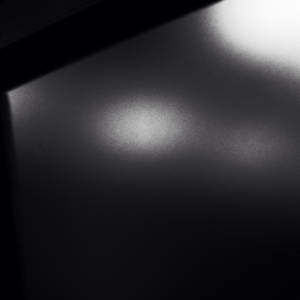Vent
It must have seemed better, when the storage tanks were buried, to install vents such as this which, if pressure built up too far, would allow its release, even with the inevitable escape of material from the pressure vessel. Better, at least, than the rupture of the flask.
And perhaps – probably – it was better. We all know what the terrible consequences of rupture of the pressure vessel are. I have visited (in full NBC gear, of course) that island in the Forth where the accident occurred, its existence retrospectively erased from all maps (but still, from the top of the 'flour mills' in Leith, if you know where to look and have reasonable binoculars, you can see it in good weather, if there is no har). It is simultaneously informative and terrifying: I am not a biologist but I expect there is much to learn from what lives there, if your stomach is strong. Of course much of the island that existed before the rupture no longer exists: the sea has broken into the crater and we must hope the cleanup operation was successful before the contaminants made it into the seawater. I fear, however, it was not: nothing else, really, can explain Boris Johnson and the johnsonite cult: that which clings to his skull is not hair.
In this case it is known that venting did occur: the long-term stability – instability rather – of the special fuels was not fully understood when the tanks were filled, although the current contamination levels are low. The local vegetation is, while curious in some respects, not obviously aberrant. The sheep – descendants, I suppose, of those exposed – are superficially normal, although I believe sheep are not usually apex predators.
The flask, still part full, sleeps below ground, its terrible contents seething endlessly, waiting for the day they will be needed.

Comments
Sign in or get an account to comment.


